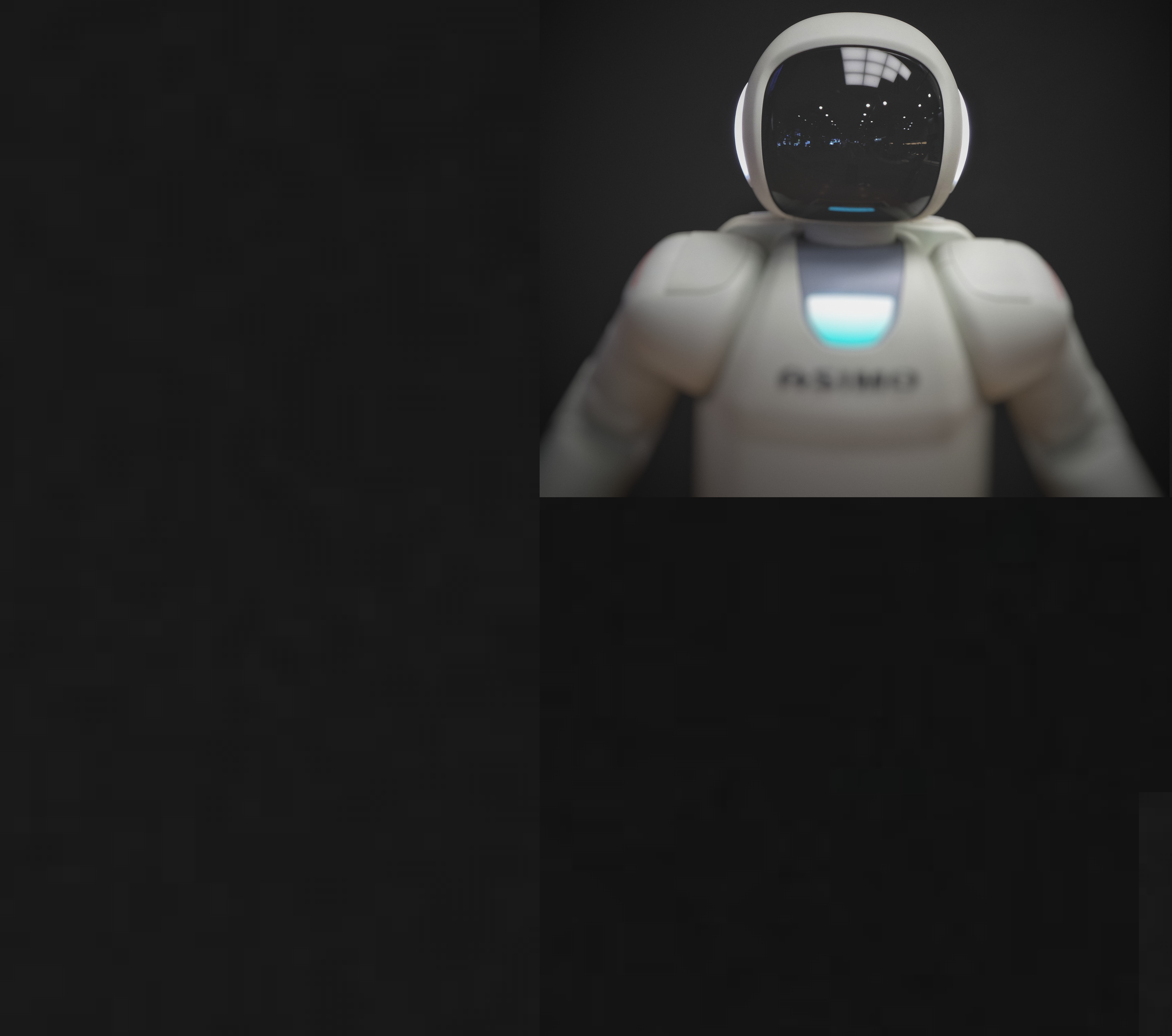A space for discussion
4IR: The Fourth Industrial Revolution
Why Ethics?
Ancient Greek Philosophers
- Socrates - Created the fundamental framework and methods for philosophy and ethics.
- Plato - As Socrates' student, formed the first higher learning institutions in the region, the Academy. He conceptualized the theory of forms, exploring how one can live a fulfilling life in a dynamic, material world.
- Aristotle - As Plato's student, dealt with theories of universals.
Four Schools of Thought
Understanding Ethical Problems
Introduction
Ethics vs. Morality
Coming soon.
Ethics (Moral Theory) is a subcategory of philosophy. It can be further divided into three parts: Meta Ethics, Normative Ethics, and Applied Ethics.
A Brief History of Ethical Thought
Meta Ethics
- Moral Realism
- Moral Irrealism
- Moral Naturalism
- Nonnaturalism
Ethical Theories (Normative Ethics within Moral Theory)
- Capabilities
- Dystopian Approach: What's the worst that could happen?
- Consequentialism: Utilitarianism
- Emphasis on societal, not individual, benefits
- Act Utilitarian: focuses on the consequences of actions
- Rule Utilitarian: focuses on the rules that result in maximum good, when followed universally.
- Application of utilitarianism principle: Cost- Benefit Analysis
- Costs and Benefits not always easily assessed
- Similar to Risk-Benefit Analysis
- Rights and Duties Ethics (Deontology)
- Divine Command Theory
- Kantian Ethics
- People have certain rights, and as such ...
- People have a duty to respect these rights.
- Focus of both theories is on personal rights and duties
- Do not (always) agree with Utilitarianism
- Does not account for societal benefits
- Virtue Ethics
- Good actions (virtues) good character traits: Responsibility, honesty, competence, loyalty, trustworthiness, fairness, citizenship, and respect.
- Bad actions (vices) bad character traits: Dishonesty, disloyalty, irresponsibility, or incompetence
- Theories similar to virtue ethics
- Golden rule: Universalizability and reversibility
- Self-defeating approach
Applied Ethics
Resources
Individuals
Morten Rand-Hendrikson: The Ethics of Web Design - WordCamp Europe 2018
Books
Boone, Brian. Ethics 101: From Altruism and Utilitarianism to Bioethics and Political Ethics, an Exploration of the Concepts of Right and Wrong. Adams Media, 2017.
Fleddermann, Charles B., Engineering Ethics, Fourth Edition. 2012.
Klaus Schwab, The fourth industrial revolution. Currency, 2017.
YouTube Channel: CrashCourse
Philosophy 9. Fundamentals of Ethics
Philosophy 10. Applying Ethics to Modern Society
Philosophy 11. What is Good Life?



